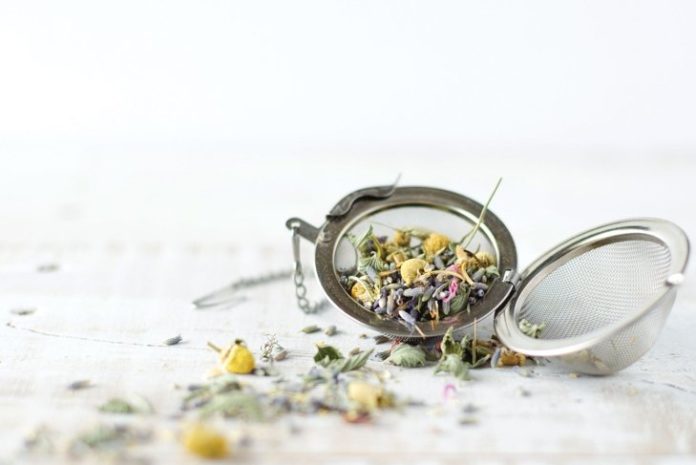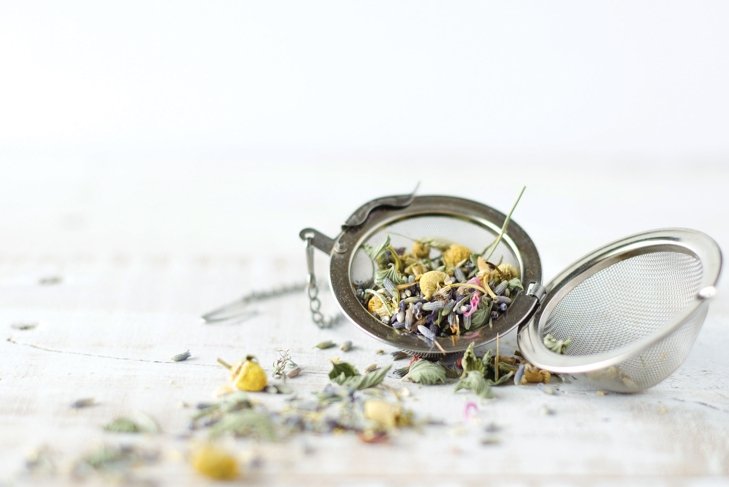
Spring is just around the corner. Looking for ways to naturally detox your body from its long winter nap? We profile our body’s own super detoxers and arm you with some strategies to help support them in their very important work.
As we await spring’s arrival, a lot of us feel the desire to embark on a little spring cleaning—especially the internal kind.
Many of us think of spring as a time of renewal—so it’s a natural time to think of cleansing. Though our bodies are designed to naturally detoxify, with a few herbal allies and subtle diet changes, we can help aid the process, providing us with energy to spring into a new season.
What are some of our most important detoxifying organs, and how can we support them while they help rid our bodies of accumulated toxins? Read on to find out.
01
The liver and gallbladder
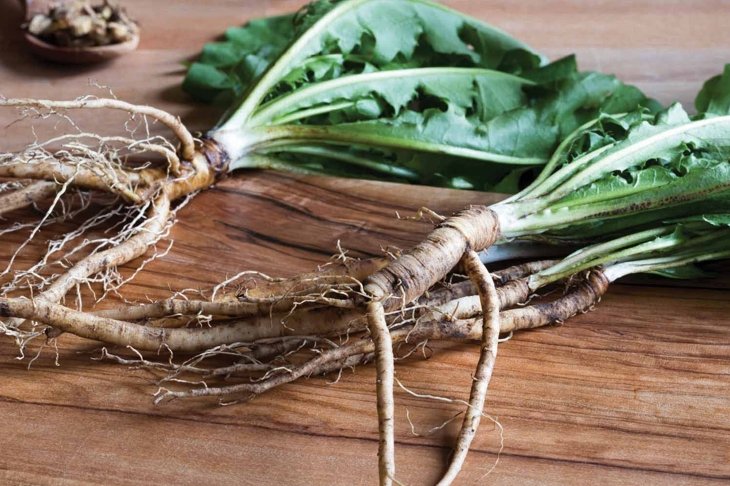
One of the largest organs in the body, the liver has more than 500 important metabolic functions. It converts nutrients into substances the body can use, stores these substances, and, when they’re needed, supplies our body’s cells with them.
It also converts toxins into harmless substances or makes sure they’re released from the body. The liver also breaks down fats and produces energy. Additionally, liver cells play a role in blood clotting, producing bile to break down fats, and keeping blood sugar levels constant.
02
Liver and gallbladder detox helpers

Prevention is a first strategy, especially when it comes to the liver. Using alcohol responsibly is important as is maintaining a healthy weight. Both are linked to fatty liver disease.
Liver cleansing can be supported by a myriad of Western, Chinese, or ayurvedic herbs as well as a variety of homeopathic remedies.
- Milk thistle (Silybum marianum), a powerful herb for liver detoxification, encourages regeneration while protecting liver cells from damage.
- Dandelion root (Taraxacum officinale) cleanses and nourishes liver cells, promoting better production and movement of bile, which in turn helps fat metabolism and general bowel function.
- Artichoke leaf (Cynara scolymus) extract helps the liver metabolize cholesterol and lipids (fats), which reduces bloating.
03
The kidneys and bladder

These organs are an important avenue for elimination. One of the most important functions of the kidneys is to filter and then secrete waste products through the bladder by way of urine. To do this our kidneys rely on adequate hydration, so drinking plenty of water is essential to kidney health.
04
Kidneys and bladder detox helpers
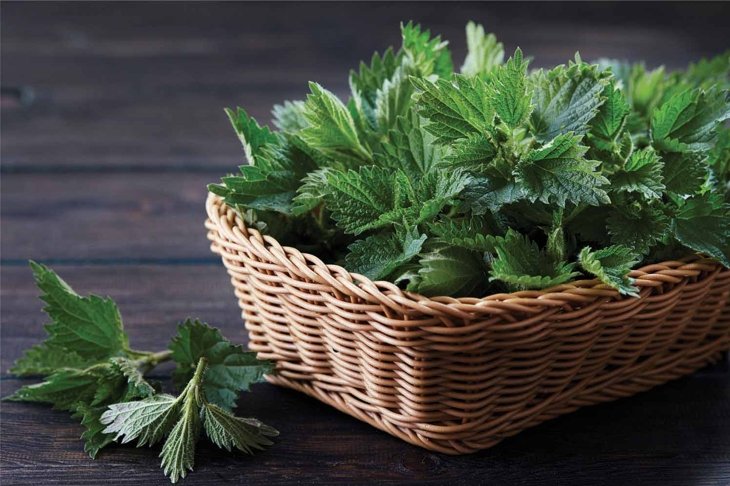
Being aware of risk factors for kidney disease is important. The leading cause is diabetes, so maintaining healthy weight and blood sugar levels is important.
Herbal detox supporters include parsley, dandelion, and goldenrod. A ginger compress applied to the back is often employed to draw toxins out of the kidney area. Drinking kidney-cleansing herbal teas is an easy and refreshing way to help support this essential detoxifying organ.
- Stinging nettle (Urtica dioica), primarily known for its stinging quality, has some incredible detoxifying properties. It contributes to the detoxification of the urinary tract, and it also contains histamine that may help with the symptoms of seasonal allergies, like sneezing and a runny nose. Dried nettle leaf tea can be found in many health food stores.
- Dandelion root (Taraxacum officinale) has been shown, in studies, to help improve liver, gallbladder, and intestinal health. This natural diuretic helps the kidneys excrete water and salt. Dandelion also contains potassium, which synthetic diuretics tend to deplete.
- Goldenrod (Solidago virgaurea) has been studied for its ability to reduce inflammation, relieve muscle spasms, fight infections, and lower blood pressure. But its use as a diuretic is valuable when our kidneys need a little help.
5. The lungs

Breathing is synonymous with life. While our lungs breathe in life-giving oxygen, it also filters out the unwanted CO2 along with fumes, mold, allergens, and airborne toxins. Our lungs naturally detoxify when we breathe and exhale deeply.
05
Lungs detox helpers
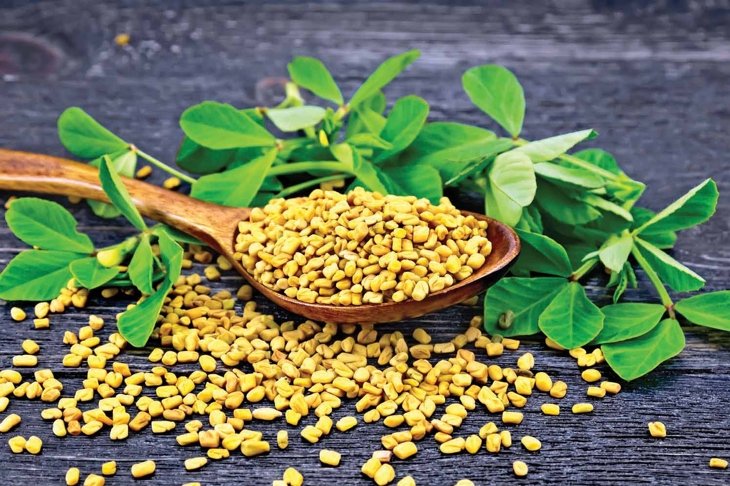
Prevention is an important start:
- quit smoking (and avoid second- and third-hand smoke)
- avoid artificial scents (air fresheners, candles, and many household cleaners)
- get outside in nature to breathe fresh air
Botanicals have been used traditionally for lung cleansing. Some of these include
- lotus root tea
- wild cherry
- licorice root
- fenugreek
- mustard plasters
Purify indoor air by changing the filters in your house’s ventilation and furnace systems and also cleaning your vents.
Try breathing exercises
ake in a deep breath through your nose and then breathe out through pursed lips as if you’re whistling. This exercise has the added benefit of being relaxing too.
06
The lymph system
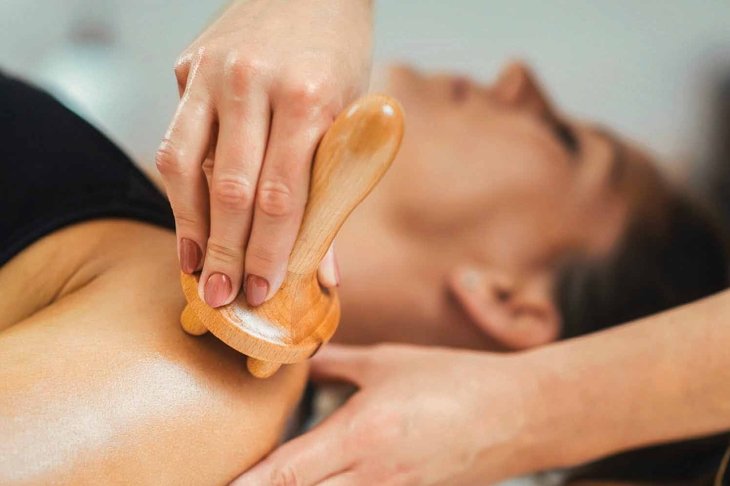
Kilometres worth of lymphatic vessels run throughout our bodies, between our tissues, and around all our important structures. These vessels help to gather and remove cellular waste, keep fluid levels in check, and transport much-needed nutrients to their destinations.
Obviously, this is one very important system, and keeping it healthy will have a big impact on our body’s health and overall function.
07
Lymphatic system detox helpers

Unlike blood circulation, which has the heart, the lymphatic system doesn’t have its own pump. It relies on the pumping action of muscles and vessels nearby to help move the lymph along. It’s important to keep moving—staying physically active and maintaining muscle movement helps to move lymph efficiently.
Dry brushing is often recommended as a naturally relaxing way to stimulate movement in the lymphatic and circulatory systems, which is thought to help rid the body of toxins faster.
Lymphatic drainage massage can be used to push stagnant lymphatic fluid out of an area and ease the swelling. Cases of swelling due to injury, like ankle sprains, muscle strains, and other situations where areas are left painful and puffy, are said to benefit from improved flow of nutrients in and waste matter out of the area, allowing the tissues to heal more efficiently.
08
The colon
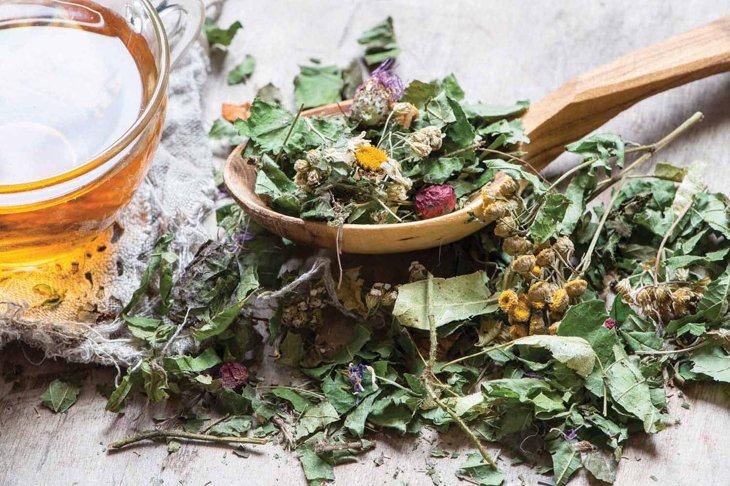
Part of the body’s cleanup crew, the colon takes out water from the food we eat after it’s been partially digested in the small intestine. The colon, often called the large intestine or the large bowel, then further breaks down the food in preparation for elimination.
09
Colon detox helpers
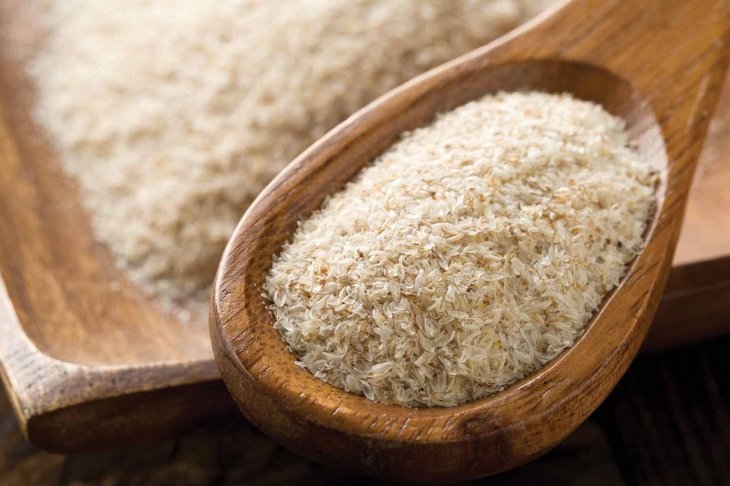
Following a healthy, fiber-rich diet with lots of raw vegetables and staying hydrated with plenty of fluids is a must for colon health. When your colon needs a little help, though, there are a few strategies you can try.
Probiotics help to create a more diverse bacterial environment in the colon, which helps to smooth out the final digestion processes. Probiotic-rich foods include yogurt, kimchi, kefir, and pickled vegetables, and your natural health store carries a wide variety of probiotic supplements.
Psyllium husk (Plantago ovata) is a soluble dietary fiber that acts as a mild laxative for constipation, but can also help bulk up stool in the case of diarrhea. When water is added to psyllium husk powder, it creates a gelatin-like consistency that helps move waste from the colon.
Herbal teas can help ease digestion and get the body’s waste system moving smoothly. Typically found in digestive aid teas are herbs like the following.
- senna (Senna alexandrina)
- peppermint
- ginger
- licorice root (Glycyrrhiza glabra)
- marsh mallow root (Althaea officinalis)
- camomile
DIY herbal tea
- Choose herbs that have not been treated with herbicide.
- Be sure you know how to identify the herbs if you’re harvesting them yourself. Some herbs, such as burdock, should not be harvested from the wild. Dry the part(s) of the plant you plan to consume, by either hanging or placing in a single layer on a flat surface. (Make sure the temperature is hot enough that the herbs won’t get moldy while drying.)
- Once herbs have dried, crush them. Store in a dark, airtight container.
- Check with a medical herbalist before consuming new herbs to learn about possible side effects, and also to determine how often and for how long to consume the herbs.


